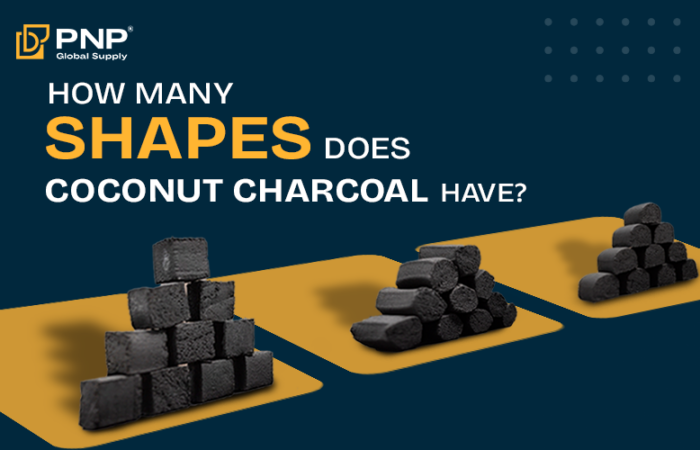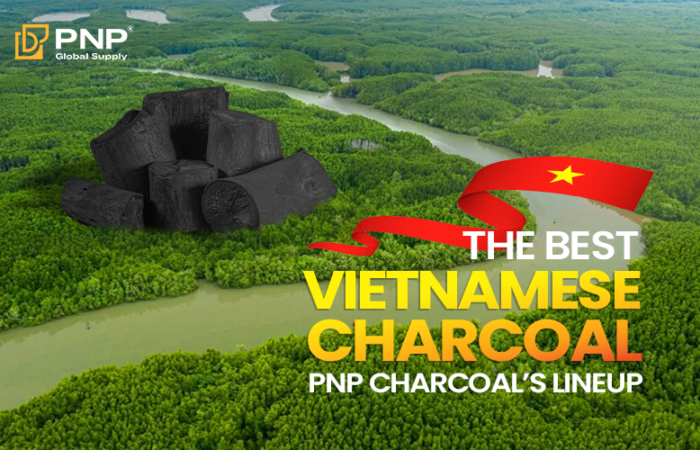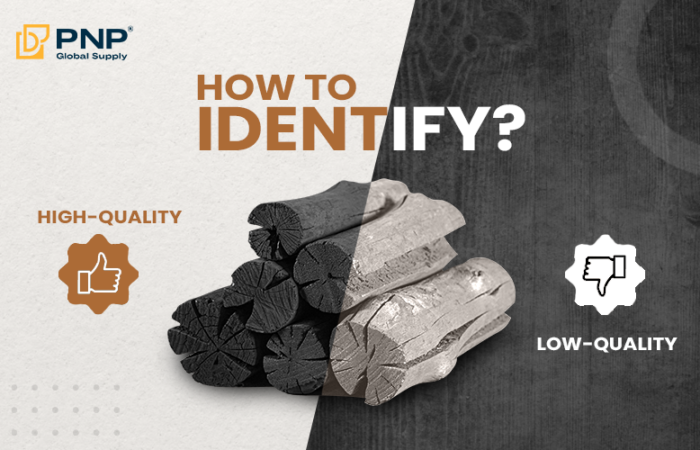In recent years, South Korea’s grilling market has witnessed a remarkable surge in demand for high-quality charcoal. As the country is known for its love of barbecue, especially Korean BBQ (K-BBQ), the choice of fuel plays a crucial role in delivering the best culinary experience. Whether it’s in households or restaurants, the use of charcoal—particularly lumpwood charcoal—has become synonymous with the authenticity of Korean grilling.
This growing appetite opens promising doors for charcoal suppliers worldwide, especially those looking to export to South Korea. Let’s explore the reasons behind this trend, the types of charcoal preferred by Korean consumers, and how exporters can tap into this lucrative market.
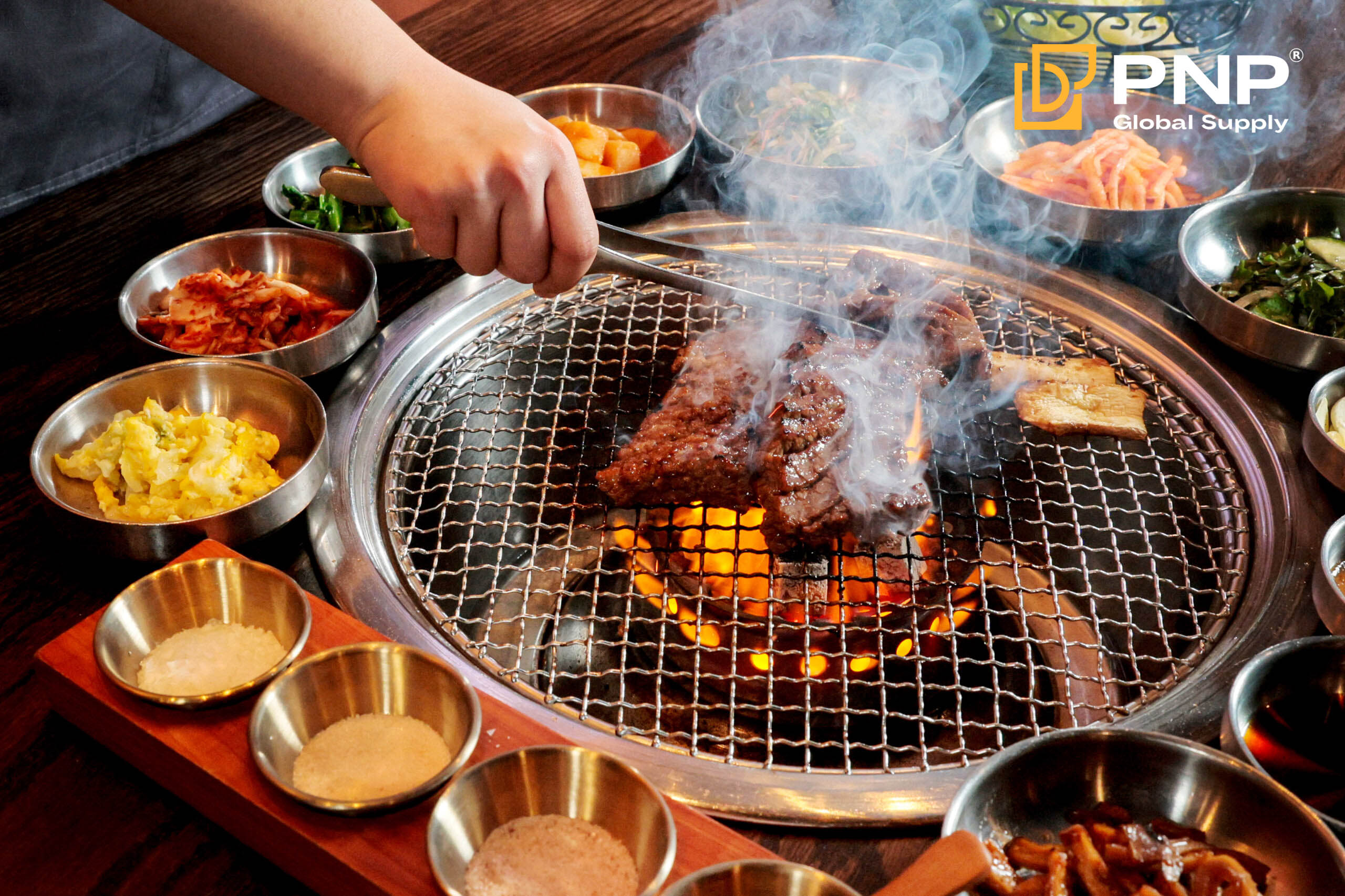
The Cultural Significance of Grilling in Korea
Barbecue is not just a meal in Korea—it’s an experience. Whether it’s a casual dinner among friends or a weekend family gathering, grilling meat over a hot charcoal flame is a deeply rooted tradition. The BBQ charcoal grill is a common sight at restaurants and even on home balconies or camping trips. What sets Korean BBQ apart is not only the variety of meats and side dishes but also the smoky aroma and distinct taste that can only come from charcoal grilling.
This demand has made charcoal a vital commodity in Korea’s food and hospitality industry. As consumer preference leans toward high heat and long-burning fuel, the search for premium charcoal has intensified.
Why Do Koreans Prefer Charcoal for Grilling?
There are several reasons why charcoal remains the go-to fuel for Korean-style grilling:
- Superior heat control: Charcoal, especially lumpwood charcoal, offers consistent heat and allows cooks to sear meat perfectly without overcooking.
- Enhanced flavor: The subtle smokiness adds a unique depth of flavor that gas or electric grills simply can’t replicate.
- Cultural preference: Traditional Korean restaurants often highlight their use of charcoal as a selling point, especially when using BBQ charcoal grills.
While convenience-based solutions like gas or electric grills exist, they rarely replace the rich, authentic flavor achieved with charcoal.
Types of Charcoal Commonly Used in Korea
Korean consumers are particular about the type of charcoal they use, depending on the occasion, budget, and cooking method. The most common types include:
Lumpwood Charcoal
This is a favorite among both restaurants and households due to its high heat, minimal smoke, and natural origin. Made by burning hardwood in low oxygen, lumpwood charcoal lights quickly and burns hotter than briquettes.
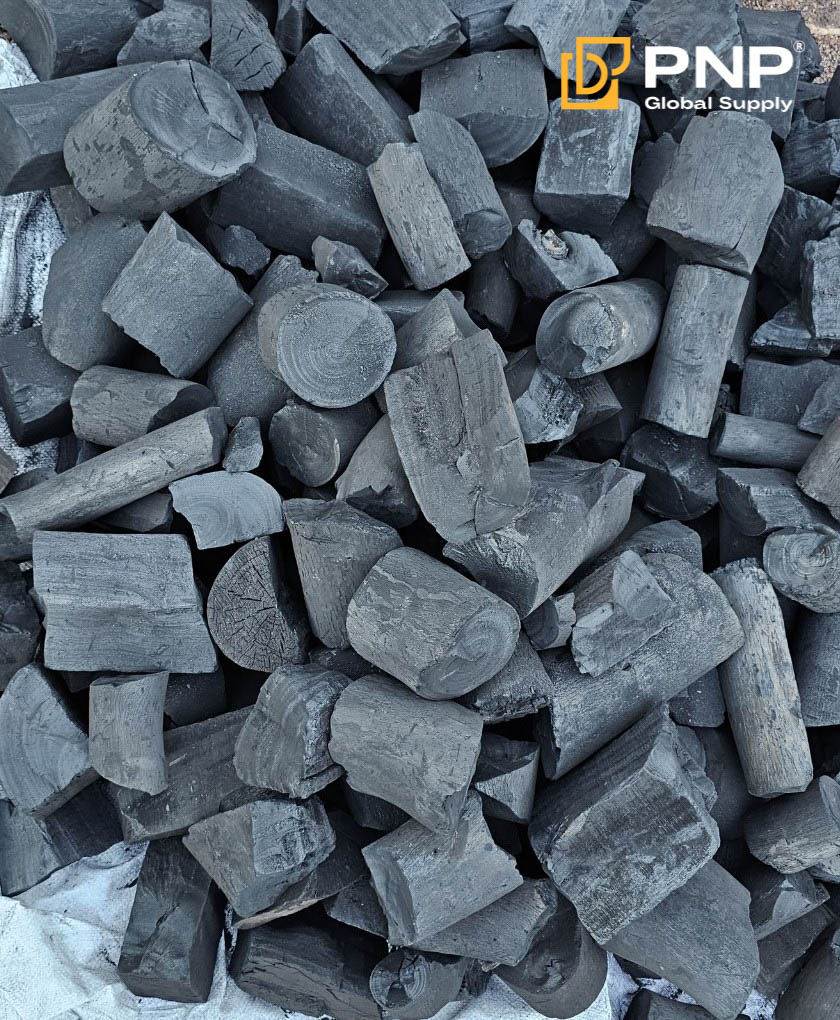
White Charcoal (Binchotan)
Imported mainly from Japan and Southeast Asia, white charcoal is extremely dense and burns for a long time with very little smoke. It is favored by high-end Korean restaurants for its ability to maintain stable heat over long periods.
Compressed Charcoal
More recently, eco-friendly options like coconut charcoal or sawdust briquettes are gaining traction. These types are especially popular among environmentally conscious consumers and for outdoor grilling activities.
For exporters and charcoal suppliers, understanding these preferences is essential in selecting the right product for export to South Korea.
Charcoal Imports: How Much Does Korea Bring In?
South Korea does not produce significant amounts of charcoal domestically. Instead, it relies heavily on import charcoal to meet domestic consumption needs. According to trade data:
- South Korea imports tens of thousands of metric tons of charcoal annually.
- Major import partners include Vietnam, Indonesia, Malaysia, and China.
- Vietnam, in particular, has become a key supplier due to its high-quality hardwood charcoal, consistent supply, and competitive pricing.
In 2024, Vietnam’s export to South Korea of lumpwood charcoal and coconut shell charcoal increased by over 15% compared to the previous year. This is a clear indication of growing demand and the trust placed in Vietnamese charcoal suppliers.
If you want to learn how to import charcoal from Vietnam, check out the article below: HOW TO IMPORT CHARCOAL FROM VIETNAM?
Domestic Charcoal Consumption in South Korea
Charcoal is widely consumed across different sectors in Korea:
- Foodservice and Restaurants: Korean BBQ restaurants consume a vast portion of imported charcoal, especially during weekends and holiday seasons.
- Household Use: Families use portable BBQ charcoal grills for camping, picnics, and home grilling.
- Retail Market: Charcoal is sold in supermarkets, convenience stores, and online platforms, with more consumers preferring eco-friendly packaging and certified sustainable products.
Estimates show that the grilling market in South Korea is valued in the hundreds of millions of dollars, with charcoal being a primary driver in its expansion.
The Booming Grilling Market: Trends and Opportunities
The Korean grilling market continues to grow rapidly, fueled by:
- Increased interest in outdoor cooking and home grilling.
- Rising middle-class income leading to more frequent dining out.
- Korean BBQ’s global popularity encouraging innovation and demand for premium products.
Notably, there’s a surge in import charcoal that meets international standards—low ash content, long burning time, and consistent size. This presents an excellent opportunity for charcoal suppliers to align their offerings with what Korean importers seek.
How Charcoal Suppliers Can Tap into the Korean Market
For those looking to export to South Korea, here are a few recommendations:
- Meet Korean standards: Ensure that your charcoal meets requirements for moisture, ash, and carbon content. Korean buyers often request lab-tested results.
- Offer variety: Provide both high-end options (like white charcoal) and affordable bulk options (like compressed charcoal) to target different market segments.
- Build long-term relationships: Korean businesses value trust and consistent quality. Maintaining communication and reliability is key.
- Highlight environmental responsibility: Korean consumers are increasingly eco-conscious. Certifications like FSC or eco-labels will add value.
Many charcoal suppliers from Vietnam have already established strong partnerships with Korean importers by leveraging these strategies.
PNPCharcoal is a trusted charcoal supplier from Vietnam, fully equipped to meet the strict standards of the Korean market. With a diverse range of products, from premium white charcoal to bulk compressed charcoal, PNP ensures consistent quality, certified specifications, and professional service, making us a reliable partner for sustainable growth with Korean importers.
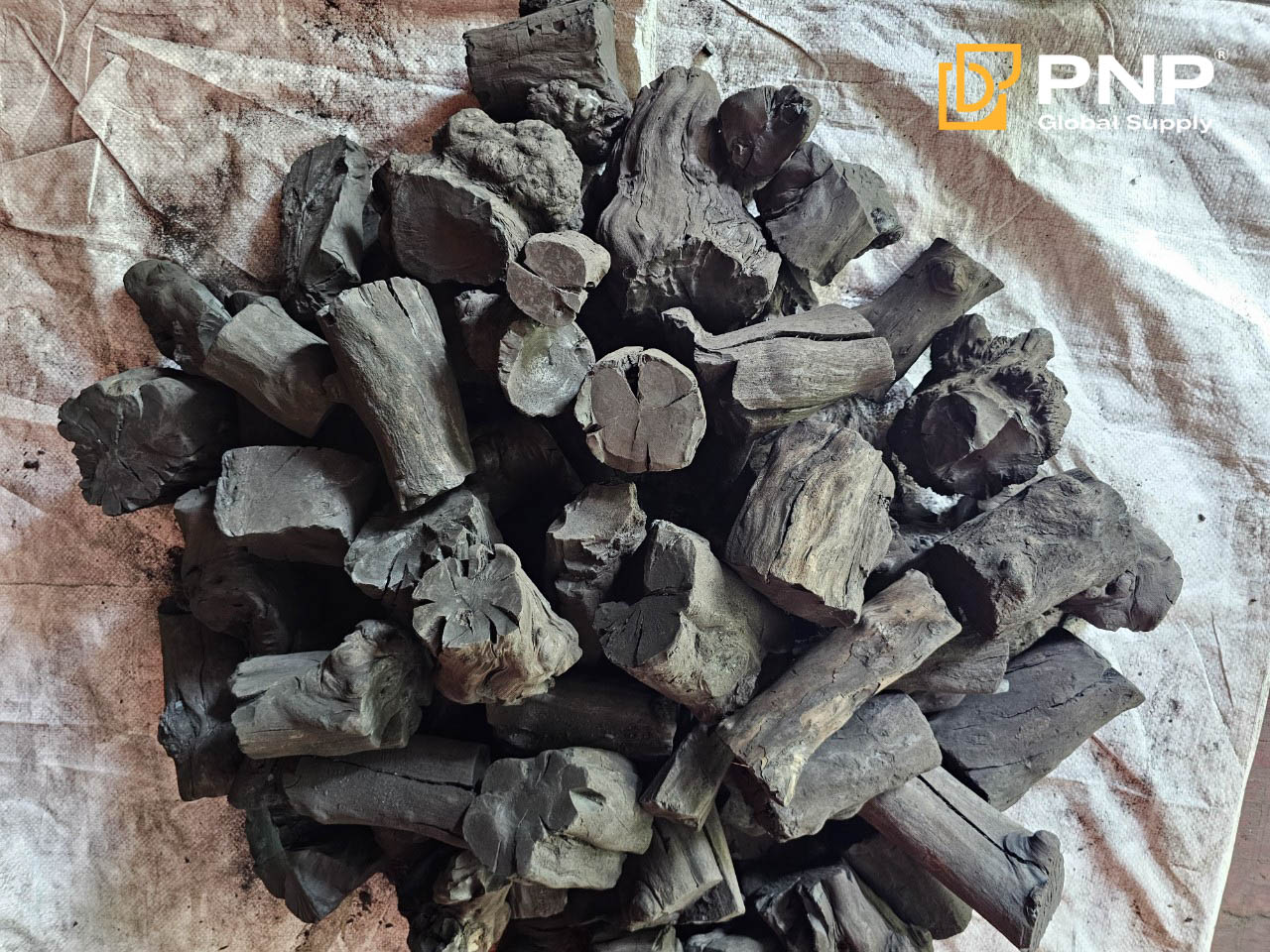
Conclusion
South Korea’s love for grilling shows no signs of slowing down, and neither does its reliance on imported charcoal. From bustling BBQ restaurants to peaceful family camping trips, charcoal remains central to the Korean grilling culture.
For charcoal suppliers, especially in Southeast Asia, now is the perfect time to explore opportunities to export to South Korea. By offering premium, eco-friendly, and consistent products, suppliers can thrive in one of Asia’s most dynamic grilling markets.
________________________________
Contact us for more information
Facebook: PNP Charcoal
Instagram: PNP Charcoal
Email: info@pnpglobalsupply.com

